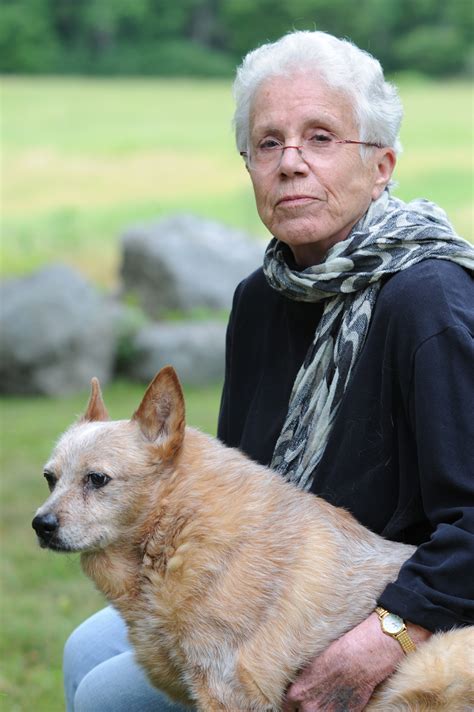A Quote by Harold Ramis
Everyone has experienced laughing at a funeral, and not even inappropriately. It could be a response to a moment of absurdity or some fond memory. We're human beings so we understand that laughter and crying aren't always disparate emotions.
Related Quotes
There is a kind of crying I hope you have not experienced, and it is not just crying about something terrible that has happened, but a crying for all of the terrible things that have happened, not just to you but to everyone you know and to everyone you don’t know and even the people you don’t want to know, a crying that cannot be diluted by a brave deed or a kind word, but only by someone holding you as your shoulders shake and your tears run down your face.
Firekeeper still could not understand the human penchant for eating in company. Even less so, she could not understand the human desire to combine business and meals. True, a wolf pack shared a kill, but not from any great desire to do so—rather because any who departed the scene would be unlikely to get a share... She struggled...not to bolt her food and almost always remembered that growling when a person spoke to you was not a proper response.
When it comes to death, we know that laughter and tears are pretty much the same thing. And so, laughing and crying, we said good-bye to my grandmother. And when we said goodbye to one grandmother, we said good-bye to all of them. Each funeral was a funeral for all of us. We lived and died together. All of us laughed when they lowered my grandmother into the ground. And all of us laughed when they covered her with dirt. And all of us laughed as we walked and drove and rode our way back to our lonely, lonely houses.
So then man tortures and kills millions more animals to look for cures for these diseases. Elsewhere, millions of other human beings are being killed by hunger and malnutrition because food they could eat is being used to fatten domestic animals. Meanwhile, some people are dying of sad laughter at the absurdity of man, who kills so easily and so violently, and once a year, sends out cards praying for Peace on Earth.
If you want to understand what it means to be afraid, what fear as experienced by human beings is, then your focus must shift. No longer will you be satisfied with mechanical, physiological, neurological accounts. For this inquiry will require you to observe closely what human beings feel, sing, think, write and say to one another.




































